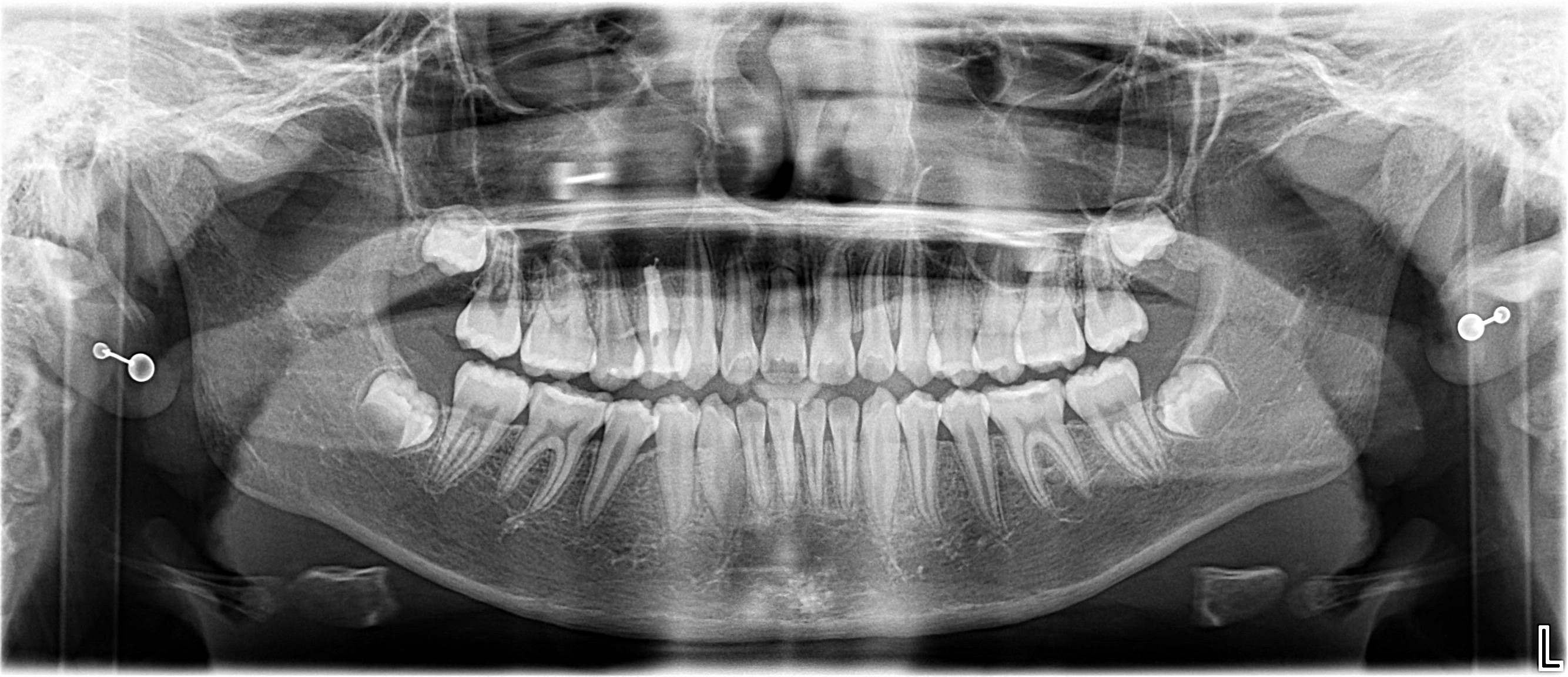Hormonal changes during pregnancy could potentially contribute to jaw pain and TMD symptoms, especially in women of reproductive age. However, TMD is a complex issue with multiple factors, so it's not as simple as one cause. Curious how pregnancy might affect your jaw health?
Temporomandibular joint disorders (TMD) are most common in women of reproductive age. Hormones, therefore, are certainly a significant contributing factor to TMD, so it would make sense that hormonal changes in pregnancy could contribute to TMD. The traditional thought is that hormones cause changes in the ligaments and the articular disc of the joint, leading to TMD symptoms. Think of the changes that must occur in tissues stretching for a baby to be pushed out, and then picture some of those changes happening in other tissues like the TMJ. That being said, TMD is a multifactorial issue, so we would advice against trying to establish a single factor as the cause of TMD.
1. Does chiropractic care relieve pregnancy jaw pain?
I would defer to a chiropractor on this point. We don't generally refer patients to chiropractors for any jaw pain.
2. Can pregnancy hormones cause jaw pain?
The #1 demographic that suffers from temporomandibular joint disorders (TMD) are women of reproductive age. Hormones, therefore, are certainly a significant contributing factor to TMD. It is therefore reasonable that the obvious changes in hormones that occur during pregnancy could potentially contribute to TMD. That being said, TMD is a multifactorial issue, and trying to establish a single factor as the cause of TMD is not helpful.
3. Can pregnancy flare up TMJ?
As addressed in point #2, yes, TMD seems to be sensitive to hormonal changes, so the changes in pregnancy could potentially contribute to changes in TMD symptoms.
4. Can pregnancy cause teeth clenching?
Like TMD, clenching, grinding and other parafunctional habits, as they are formally called in dentistry, have multifactorial origins beyond simply one factor. The classic cause of clenching in dental circles is psychosocial stress. However, this is an oversimplification, as people with enormous stress don't always clench or grind, and those without stress can still clench or grind their teeth. While it is not as simple as cause and effect, the changes associated with pregnancy, with their attendant psychosocial stresses and other hormonal changes, could logically contribute to teeth clenching.






.avif)
